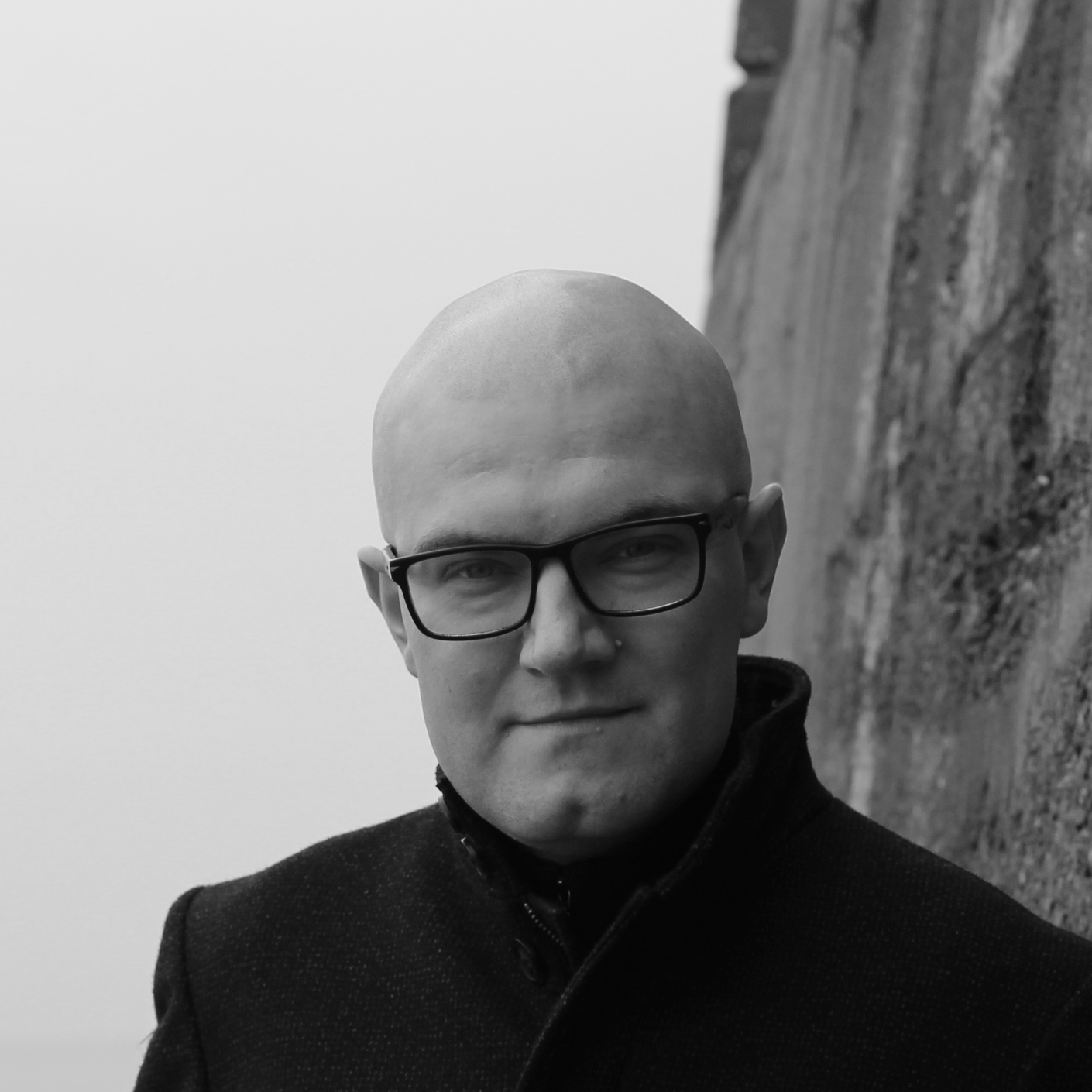The disciplines that have had it hardest for unwanted appropriation and assumed specialization this year have undoubtedly been various strands of medicine, virology, immunology, and epidemiology. Just going to put it out there, up front, that the notes here are nothing compared to the attempted popular seizure of expertise to which these disciplines have been subjected.
That said, we often talk in my discipline about the mid-century professionalization of English or literary studies – the moves by which the discipline, apparently, gained its place in the academy and became a serious object of study. Some remarks from colleagues in 2020 have led me to feel less confident that, in reality, the seriousness of our discipline is in any way valued outside of our own space.
This has been most obvious in discussions around auto-captioning of pre-recorded lectures. The most common phrasing that I’ve heard, several times, is: ‘I suppose that this works well in some subjects, maybe English, but it doesn’t work in my discipline’. English/literary studies has – at multiple points for me this year – taken the place of a discipline that is presumed not to have specialised terminologies that could not be understood by a general speech-recognition algorithm.
The next one was when we were setting an interview task that involved candidates telling us how they’d run an hour-long seminar in a particular subject area. We suggested, initially, setting a subject for them to present on (‘how would you conduct a seminar in e.g. molecular physics’). We had picked the subject area of a co-panelist. The response was: ‘I don’t think my discipline will work for this. There’s too much specialization. Perhaps we could pick something like English?’. Here the discipline was presumed, I felt, just to run seminars on novels where people sit around discussing books in abstract ways, probably with a cup of tea to hand, in ways that, again, require no special training or knowledge. I suspect the colleague involved would vigorously deny this – and offence was, I am certain, not intended. But it did sting a bit to find my discipline relegated, in the imagination of others, to the periphery of academic seriousness.
My other area of specialization – the study of scholarly communications – also invites interesting comments from other academics. Most academics assume they know how scholarly publishing works, because they have published. As I remarked recently, though, this is akin to believing one knows how supermarket supply chains work just because one has shopped there once.
There’s no real conclusion to these musings.
